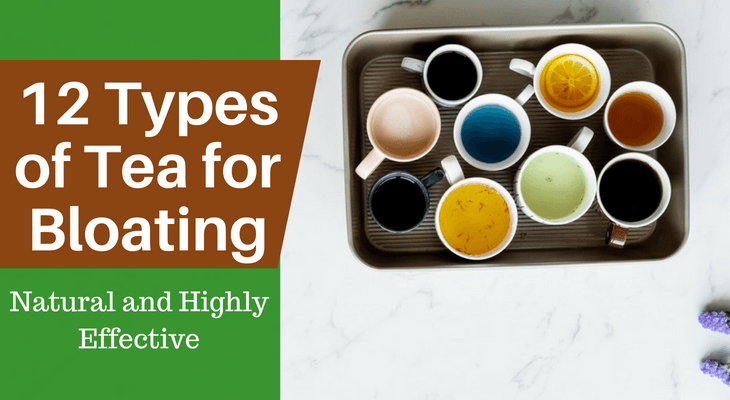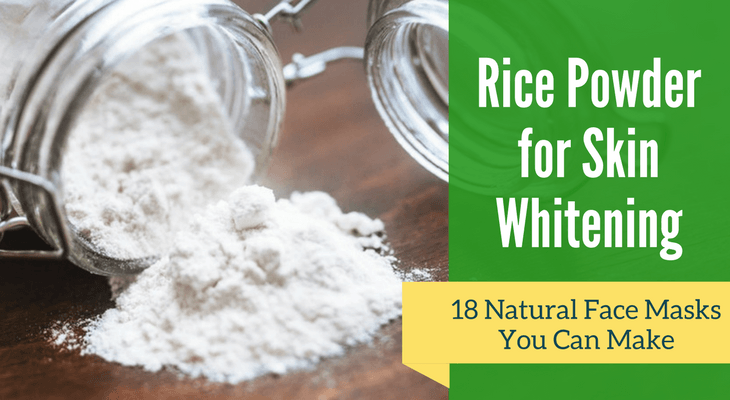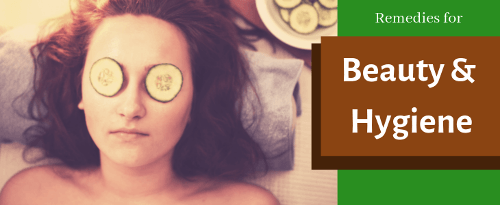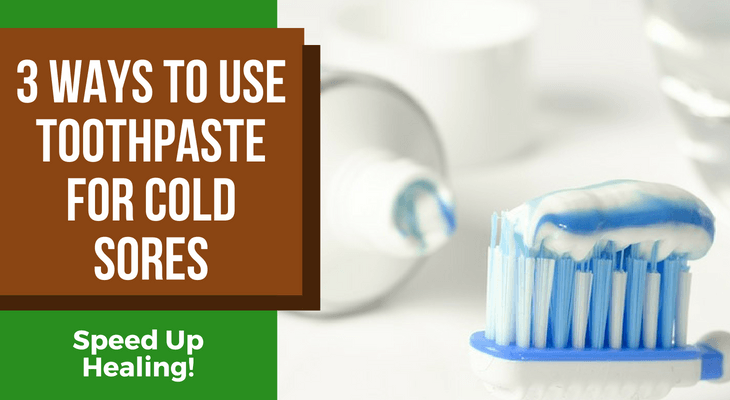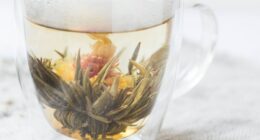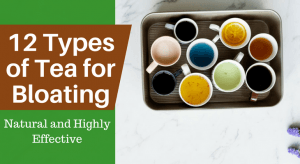 Bloating is annoying and uncomfortable. It also doesn’t help when you want to look great but your stomach sticks out or strains against your waistband. Bloating is usually caused by excess liquid, indigestion, constipated or because of gas.
Bloating is annoying and uncomfortable. It also doesn’t help when you want to look great but your stomach sticks out or strains against your waistband. Bloating is usually caused by excess liquid, indigestion, constipated or because of gas.
Most of the time bloating is not serious and requires simple dietary changes like staying away from foods that make you bloat or that you are allergic to. Hormonal changes are also a major culprit, many women experience bloating about a week before their periods (1). This is more due to water retention than actual bloating, but water retention in the stomach is often referred to as bloating.
Other things that can cause bloating are dyspepsia, irritable bowel syndrome (IBS), swallowing air, eating too much salt or sugar, food intolerances or allergies for example wheat, gluten, or dairy, and believe it or not, an inadequate intake of water. More harmful conditions that can cause bloating are ulcerative colitis or celiac disease.
Drinking tea for bloating can really help you to feel more like your usual self and fit into your clothing again.
How Does Tea Help For Bloating?
Using herbal teas for bloating are especially good because they take care of a variety of things that cause bloating. Depending on the type of tea:
-
Tea can help with digestion, this is especially helpful if you have eaten hard to digest foods like beans, starches, and fats. Poor digestion causes gas.
-
Tea can soothe inflammation which is helpful for those struggling with irritable bowel syndrome (IBS). Inflammation can cause gas.
-
Tea has a diuretic effect meaning that it helps you to urinate more often and get rid of excess water in your digestive tract. This also helps your body to flush toxins.
-
Because tea is hydrating, it makes it easier to relieve constipation.
-
Tea can help make it easier to pass gas.
What Teas Help With Bloating?
Here is a list of the best types of tea for bloating backed by science:
-
Ginger: Ginger helps to expel excess gas, reduces cramping, and can help to relieve constipation.
-
Peppermint: Peppermint relieves cramping, improves digestion, and relieves pain (3, 4). Don’t use peppermint if you have acid reflux.
-
Cumin: Cumin relieves bloating and all other IBS symptoms (5).
-
Dandelion: Dandelion reduces fluid retention and helps the liver work more efficiently which results in better digestion and less bloating (6).
-
Caraway: Caraway soothes inflammation and reduces gas in the digestive tract (7).
-
Anise: Anise was shown to relieve IBS symptoms including bloating better than antispasmodic medication.
-
Lemon balm: Lemon balm soothes the digestive tract and relieves cramps (8).
-
Licorice root: Licorice has a diuretic effect and relieves constipation (9).
-
Turmeric: Turmeric has anti-inflammatory properties, improves digestion, get rid of excess gas, and can make bowel movements easier (10).
-
Green Tea: Green tea has been used to relieve bloating for centuries due to its diuretic effects and ability to aid digestion.
-
Rooibos (red bush) tea: Rooibos tea relieves stomach cramps and diarrhea and has a soothing effect on the digestive system (11).
-
Chamomile tea: Chamomile tea soothes the stomach and helps to get rid of gas. It can treat a wide range of digestive issues as well as stress and anxiety which can cause stomach upset (12).
How To Use Tea To Reduce Bloating
A cup of tea after each meal (wait 30 minutes after eating so as not to overburden your digestive system) or in between meals should work for you. The exact doses are best determined by a doctor, homeopath, or naturopath if you would like to drink more than 3 cups a day depending on the herb you use. You can drink 3-5 cups of rooibos or green tea without ill effects.
1. Make Your Own
You may have a few of the above-mentioned herbs or spices in your kitchen or garden. It’s easy and convenient to make your own anti-bloating tea. You can use the fresh spices and herbs or the dried version. If you are using fresh ingredients you will need to use 3 times the amount of dried herbs and spices.
Dried Herbs and spices:
-
Boil some water in the kettle or on the stove.
-
Add a ¼ teaspoon to a teaspoon of the dried herbs and/or spices to a cup.
-
Pour the water into the cup and let it brew for 5-10 minutes.
Fresh Herbs and Spices:
-
You can boil the water the same as the above method.
-
For roots like turmeric and ginger, a 2-inch knob should work well, for leaves add a ½ tablespoon to a tablespoon’s worth per cup.
-
Brewing might take longer, especially if the roots aren’t grated. Grating or crushing the roots can help your tea to brew faster, slightly crushing the leaves or chopping them up can also help.
2. Store-Bought
If you don’t want to make your own you can buy tea from the store. You can find blends of tea for digestion and bloating or you can just look out for the particular tea that you want. The box or label will let you know how long to brew the tea and how much you can have per day.
3. Add Helpful Ingredients to Your Tea for Flavor
Depending on the flavors that you like, you can also add the following to your tea:
-
Lemon: Lemon juice has diuretic properties, add a slice to your tea or squeeze up to half a lemon’s worth of lemon juice. It also boosts the antioxidant absorption of green tea.
-
Apple Cider Vinegar: This may sound like it will taste bad, but adding a ¼ teaspoon can taste pleasant. Apple cider vinegar reduces water retention, flatulence, and helps your gut to digest your food better.
-
Raw honey: Honey has antimicrobial properties and reduces inflammation in the gut (13). It’s also delicious. Never add raw honey to very hot tea as this will destroy the benefits.
Tips and Precautions
-
Most of the recommended herbs and spices are safe in food quantities. But if you are on medication, have a medical condition, particularly GERD or a bleeding disorder, or are pregnant or breastfeeding, check with your doctor before using medicinal quantities.
-
If you are bloated for long periods of time for example, more than a week at a time, or if you frequently become bloated, seeing your doctor is recommended.
-
Severe cramps, bloody stools, frothy stools, black stools, or oily stools are signs of underlying conditions that require treatment or cutting out certain foods. Your doctor will perform tests to diagnose the problem and will be able to provide you with the proper treatment.
-
If you struggle with foods like legumes, broccoli, cauliflower, onions, or cabbage, eat smaller amounts of them or eat them less frequently. There are many other healthy vegetables and protein sources that you can choose from. Don’t cut them out completely though, they are very healthy and it may just be a case of your body getting used to them.
-
Getting tested for suspected food allergies or intolerances is best because if you eliminate healthy foods that are not really the problem you may miss out on nutrients.
-
Make sure that you stay well hydrated. Water should be the beverage you have most often but herbal tea contributes to your water intake too as long as their diuretic effects aren’t too strong. Keep caffeine and alcohol to a minimum as they dehydrate the body. Sugary and fizzy drinks can also cause gas and bloating so avoid them as much as possible.
-
Eat lots of vegetables and include fruit in your diet. Fiber is important for regular bowel movements. Whole grain starches and legumes (beans and peas) can also help. Increase your fiber intake slowly as it will take your body time to get used to it and you may experience gas and bloating until your gut is able to handle the larger amount of fiber.
-
If your bloating is hormonal and it has become worse after using a new contraceptive it may be that the particular formulation of the contraceptive isn’t working for you but bear in mind that it can take your body up to 3 months to get used a new form of hormonal contraception.
For more remedies to help with bloating you can check out this article with 30 different remedies to try. Please get in touch with us if you have any questions.
